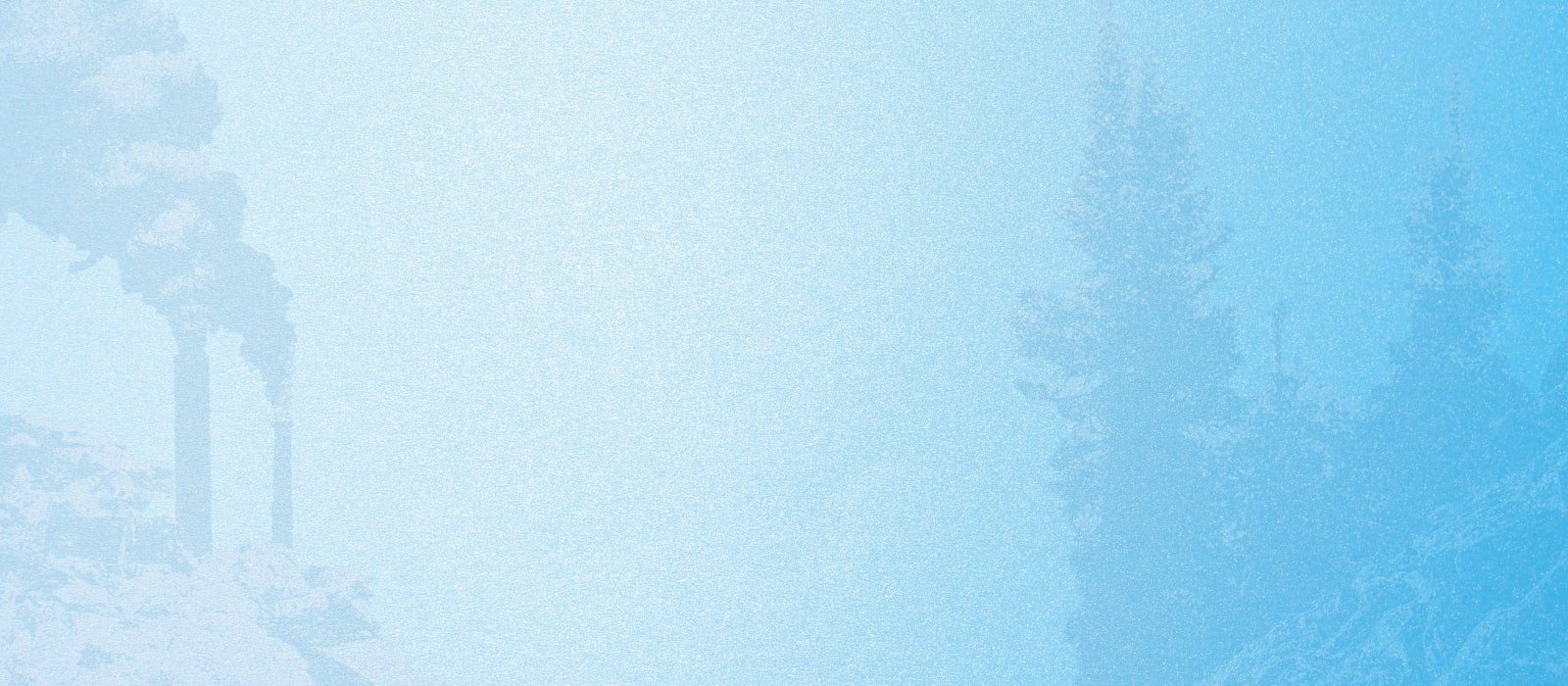We are just one breath from peace. OK, maybe three breaths for most of us. That was one of the testable truths delivered to a raucous group of climate advocates by a team of Zen monastics last month. It was quickly tested by fire.
The next morning’s sunrise session was painted that ominous orange we’ve come to dread. The snow-capped peaks of British Columbia’s mainland almost invisible against a sky of smoke. We knew, of course, that tens of thousands of Albertans had evacuated. That homes were burning. It was all happening … again. Fear, foreboding and climate anxiety gripped our group. And yet, the monks and nuns following Thich Nhat Hanh’s tradition had a point — the morning also produced an awful beauty, an eerie shimmering silver sea. Even the angry sun was hauntingly but undeniably beautiful. We can, it seems, contain appreciation, grief and fear, even anger and joy, all at the same time.
Danielle Smith’s election was a tougher test.
A province besieged by fire. Elections Alberta scrambling to make voting available to evacuees. A month of campaigning against a backdrop of climate fires and still “climate change” remained the issue that shall not be named.
And at the end of a bitter campaign the evacuees elected an arsonist.
It’s a scenario worthy of a dystopian movie or perhaps a magisterial work of narrative non-fiction (hang tight, we’ll get to just such a book shortly).
To ears attuned to the climate crisis, the silence about the future of energy and climate was maddening. One spark that was smothered immediately came in the form of peer-reviewed research measuring the impact of major fossil fuel companies on fire across western North America. Carbon pollution from just 88 companies has been responsible for an additional 80,000 square kilometres burned — and among those 88 companies are 13 operating in Canada, including five members of the new oilsands lobby group, Pathways Alliance, whose ads “supporting climate action” you cannot have missed.
“What we found is that the emissions from these companies have dramatically increased wildfire activity,” Carly Phillips, a co-author and scientist at the University of California told the CBC.
Inflammatory findings, but they found no tinder on the campaign trail. The NDP’s Rachel Notley did get in a few barbs over the United Conservatives’ cuts to wildfire services (surely among the dumbest expressions of climate denial in a province of prairie and boreal forest that has already seen towns incinerated). But Notley’s platform was so vague on climate policy that Generation Squeeze was stymied in the group’s attempt at grading it, ultimately only able to note the “complete absence of relevant policy in NDP commitments.”
Smith’s views are, at least, more clear. The Paris Agreement? “Peak absurdity.” Canada’s outsized levels of climate pollution? Quite the contrary: Canada is “probably” already “the first net-zero, carbon-neutral country.” (We have trees, you see.) “Let’s confirm it, celebrate it, tell the world about it, and get on with building pipelines.”
Those declarations preceded the campaign. During the election, the closest Smith got to addressing the climate crisis was to use it as a cudgel against Notley. The provincial NDP was accused of being in league with the Trudeau Liberals and intent on destroying Alberta’s oil and gas industry. Notley had, after all, introduced a program to phase out coal and boost wind and solar power in her term as premier between 2015 and 2019. That plan has been remarkably successful and Alberta’s last coal plant will be retired this year, seven years ahead of schedule, while the province leads the country in building renewable energy — not that you’d know any of that from listening to the parties on the campaign trail. More damning still, Notley had the unforgivable temerity to bring in a carbon price while legislating (though never enacting) an emissions cap on the oilsands.
Smith made her intentions very clear on election night. She called on all Albertans to “come together, no matter how we voted, and stand shoulder to shoulder against soon-to-be-announced Ottawa policies.”
Those include federal standards to wean fossil fuel pollution off the electricity grid, which Smith claims will “massively increase your power bills.” All while they “endanger the integrity and reliability of our power grid, which we rely on during our cold and dark Alberta winters.”
“As premier, I can’t allow these policies to be inflicted on Albertans,” Smith proclaimed to a chanting, cheering crowd. “I simply can’t and I won’t.”
As a matter of raw politics, you can perhaps understand there’s little upside and a great deal of risk for a candidate to lean into climate policy during an Alberta election. But it was even more bizarre to witness the absence of debate about the future of energy. You wouldn’t have known a global energy transition was underway with transport fuel (Alberta’s prime product) in a losing battle with electrification. Just a fervent conviction that what’s good for the oil companies is good for the people.
“The fossil fuel industry has real similarities to certain churches,” says John Vaillant, whose new book Fire Weather just hit bookstores. The industry has many of us “in thrall,” successfully convincing much of the public we can’t manage without its benevolent grace.
Vaillant has spent the last seven years immersed in the story of “The Beast” — the wildfire that raged through Fort McMurray in 2016, destroying 2,400 homes and buildings. His new book is masterful narrative non-fiction, weaving the stories of Albertans whose lives were upended by The Beast into the story of our time, the Pyrocene.
Alberta politics is still largely a wholly owned subsidiary of the petroleum industry, Vaillant said at his book launch this week. No breaking news there. But Vaillant leads us to more provocative insights:
“The petroleum industry is a wholly owned subsidiary of fire.”
“They’re in the fire business,” Vaillant said, so “let’s call it by its real name … The only reason we are interested in fossil fuels is that eventually it’s going to burn.”
Every day, we light trillions of fires in vehicle engines and furnaces. A world Vaillant dubs “the Petrocene.” And in the cycle of things, the carbon rising from those fossil-fuelled flames inexorably heats the world, generating ever more hazardous fire weather. Bill McKibben distilled the challenge concisely: “In a world on fire, stop burning things.”
As of June 1, fire has already burned through an area the size of five million football fields from coast to coast. “Unprecedented,” said federal Emergency Preparedness Minister Bill Blair. More than 10 times the usual area torched by this time of year, which is, of course, not even yet true summer.
It’s a “signature of climate change,” says Vaillant, that we seem destined to be continually “surprised by events we didn’t expect.” We’ve had decades of warnings from scientists, but, to be fair, even many experts have been surprised.
Think of the poor firefighters in Nova Scotia, shocked by fires that exploded across thousands of hectares in spring. In a province that used to measure an entire year’s burn in a few hundred hectares at worst. Fire behaviour so reminiscent of The Beast in 2016.
Maritimers have some excuse for surprise. Similar to the wet West Coast, the region was thought to be something of a refuge from the Pyrocene. Or at least an area that would be hit later than most. The heat dome across Cascadia shocked many experts and burned away any soothing notions of sanctuary in 2021. That “signature of climate change” has now flared on the East Coast.
Back in Alberta, the community of Fort Chipewyan has evacuated. Downstream from the oilsands, Fort Chip has been fighting for recognition that its residents are suffering elevated rates of strange cancers and other diseases. First Nations point to weird lesions on fish and poison flowing towards them through the water. Now fires race towards them across their lands, fuelled by the fires of that same oilpatch.
Upriver, to the south of Fort Chipewyan, big parts of the petroleum industry had been forced to shut down as fires raged around it. Now the fire industry is trumpeting its good news: the wildfire situation in its region has improved and the oilpatch has restarted production.




